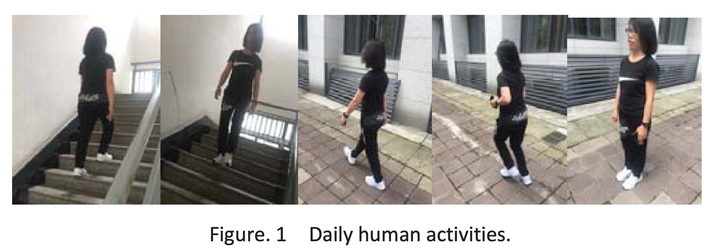Deep Ensemble Learning for Human Activity Recognition Using Smartphone
 Image credit:
Unsplash
Image credit:
Unsplash
Abstract
The ubiquity of smartphones and their rich set of onboard sensors have created many exciting new opportunities. One important application is activity recognition based on smartphone inertial sensors, which is a fundamental building block for a variety of scenarios, such as indoor pedestrian tracking, mobile health care and smart cities. Though many approaches have been proposed to address the human activity recognition problem, a number of challenges still present: (i) people’s motion modes are very different; (ii) there is very limited amount of training data; (iii) human activities can be arbitrary and complex, and thus handcrafted feature engineering often fail to work; and finally (iv) the recognition accuracy tends to be limited due to confusing activities. To tackle those challenges, in this paper we propose a human activity recognition framework based on Convolutional Neural Network (CNN) using smartphone-based accelerometer, gyroscope, and magnetometer, which achieves 95.62% accuracy, and also presents a novel ensembles of CNN solving the confusion between certain activities like going upstairs and walking. Extensive experiments have been conducted using 153088 sensory samples from 100 subjects. The results show that the classification accuracy of the generalized model can reach 96.29%.